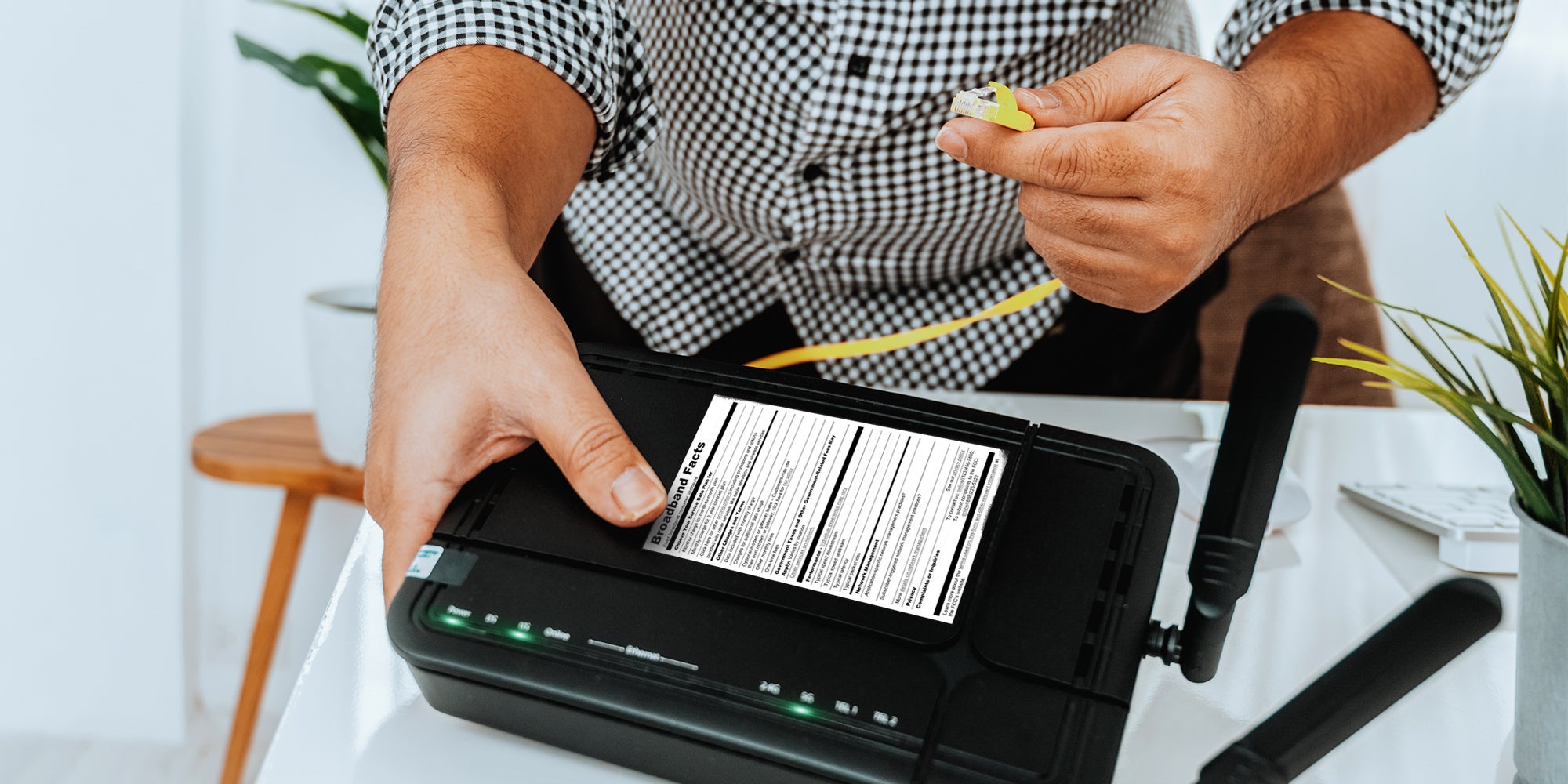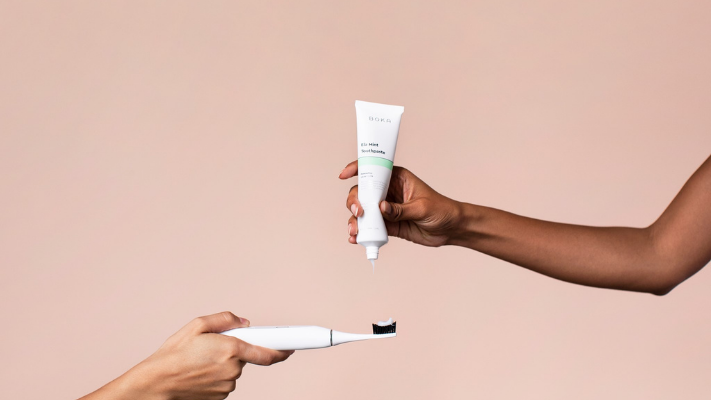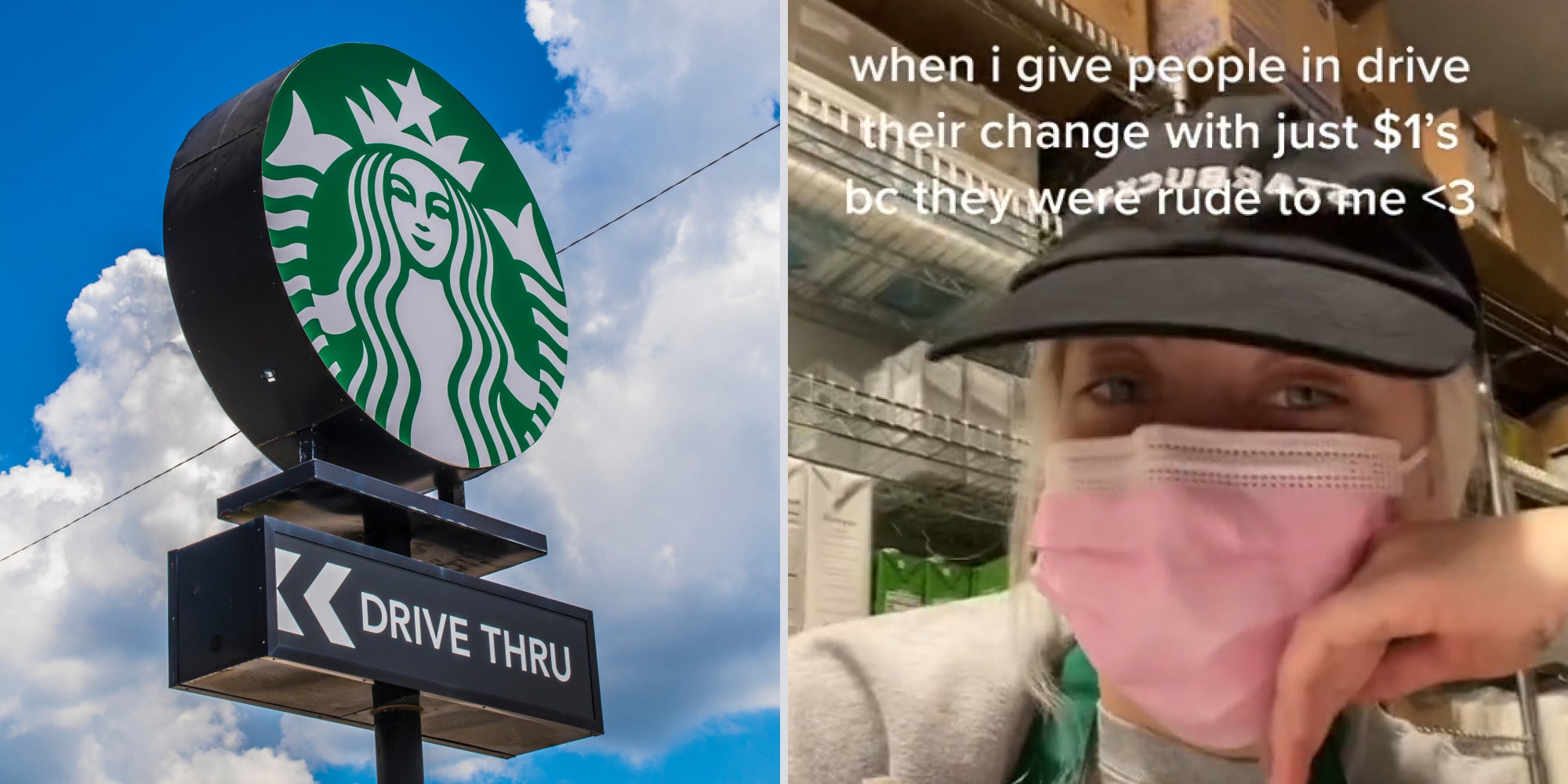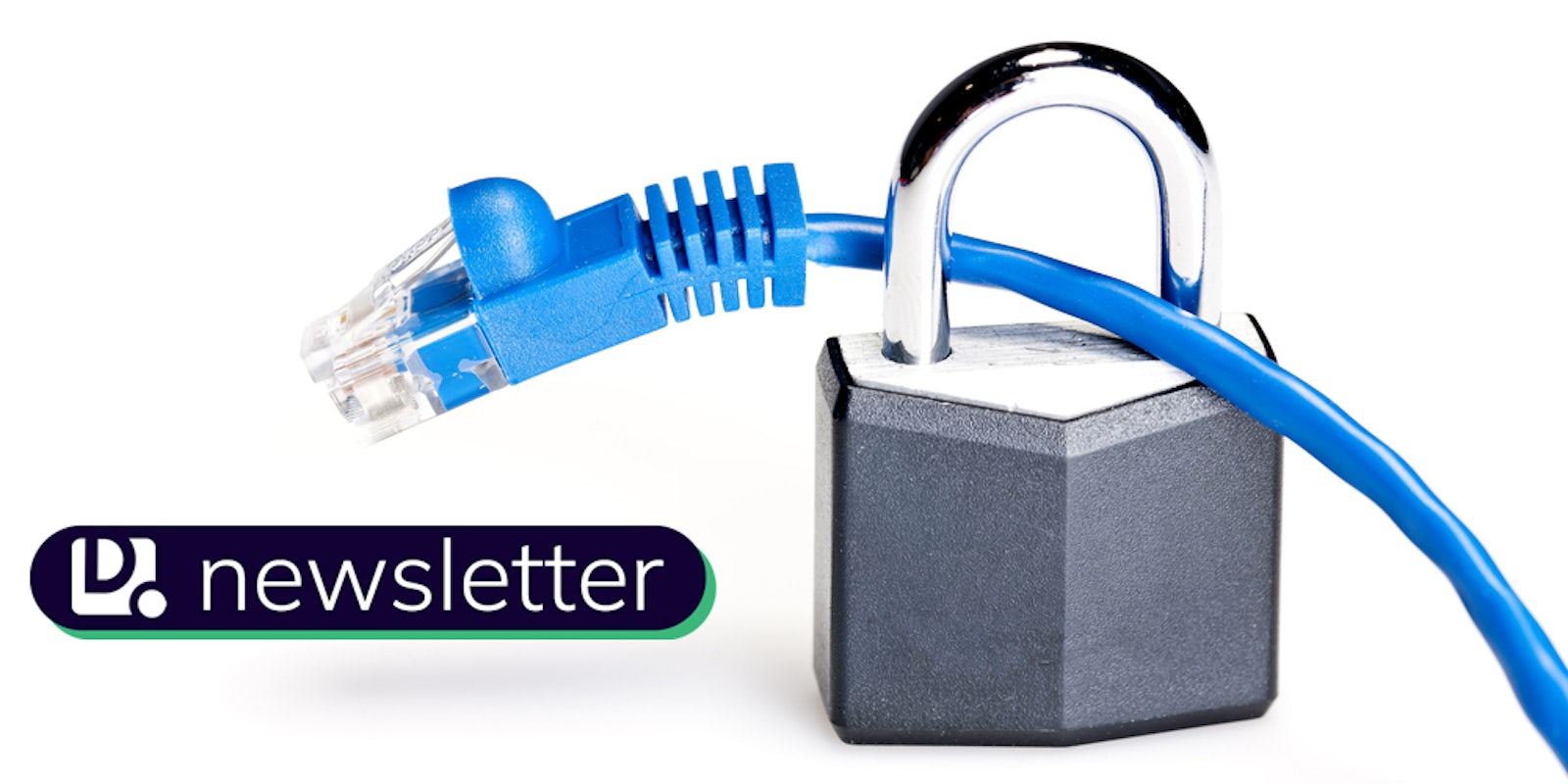Sign up to receive Internet Insider, a daily newsletter from the Daily Dot, in your inbox.
Hey readers! Andrew here. Welcome to the Tuesday edition of Internet Insider.
We’ve got some key reports today from across the internet about big tech, internet rights, and even some discourse unfolding online regarding a frontrunner for best picture at the Oscars.
Plus, I dive into how one advocacy group wants the FCC to make sure broadband provider’s privacy practices are part of its broadband transparency push. Check that out below.
Let’s dive into the news.
—A.W.
BREAK THE INTERNET
Google & Crypto: A coalition of digital rights groups are calling on Congress to look into Google and its plans to foray into the cryptocurrency market. Specifically, they argued that Google’s influence could lead to issues with privacy rights, consumer protections, and more.
Online Oscars Discourse: Our Culture Reporter Gavia explains why CODA, a film that is among the frontrunners to win best picture at the Oscars, has become a controversial film online. She dives into all the ins and outs here.
Amazon Worker Protections: The National Labor Relations Board is suing Amazon in federal court, claiming that the tech giant fired a warehouse employee for protesting unsafe working conditions. You can read more about the lawsuit here.


Group tells FCC that privacy should be front and center on broadband nutrition labels
As the Federal Communications Commission (FCC) moves forward with its plans to create “Broadband Nutrition Labels” that would display “critical” information about internet plans, one group is telling the agency that the privacy practices of internet service providers (ISPs) should also be part of it.
Earlier this year, the FCC voted unanimously to kickstart a rulemaking process that would require ISPs to display a label that is similar to ones you’d find on food products that outlines the prices, introductory rates, data allowances, broadband speeds, and more about internet service plans.
Shortly after the plan was announced, I called the FCC’s quest for more transparency with the labels “a good first step” but also noted that there was more work to do, specifically because there are millions of Americans that only have one choice for their ISP. So while transparency is great, it doesn’t help much if they don’t have options to compare and contrast the offered internet plans to other ones.
A few weeks ago the FCC opened up their plans to public comments and a number of advocacy groups and industry groups have weighed in. One group, the Electronic Privacy Information Center (EPIC) urged the FCC to require the labels to have “clear and comprehensible disclosures” that inform customers about the ISP’s data practices.
“Lengthy and complex privacy policies are not an effective way to inform consumers about data collection practices. The commission must demand better from providers,” the group wrote to the agency.
Specifically, EPIC says the nutrition labels should tell consumers about the ISP’s data collection, data disclosure to third parties, and data retention practices.
The advocacy group also notes that there is an overwhelming concern among Americans about how their data is being collected and disclosed to third-parties.
“The commission’s nutrition label rule should encourage providers to limit collection of data about their customers to only what is essential for the provision of broadband services. And it should be clear from the labels whether one provider is more protective of their customers’ privacy that another,” EPIC wrote.
While the data privacy practices of big tech companies have gotten the spotlight for years, a recent report from the Federal Trade Commission (FTC) showed the “staggering” data collection practices of ISPs. The report said the data big telecom companies collected on users is used in “unexpected ways that could harm consumers” and that the companies can be “at least as privacy-intrusive as large advertising platforms.”
That report was done by the FTC because the FCC has already abdicated its authority over the broadband industry when it repealed the 2015 Open Internet Order, which also enshrined net neutrality rules.
Democratic FTC Commissioner Rebecca Kelly Slaughter noted at the time the report was released that absent the FCC’s oversight “many ISPs participated in a race to the bottom to partake in a lucrative market of monetizing their customer’s personal information.”
Given that kind of evidence, making privacy front and center on a nutrition label seems like a good call.
SPONSORED

Your oral health begins with Boka
Ready to take your oral care seriously? It’s time to ditch the excess toxins in your traditional toothpaste. Boka pairs the best ingredients, nature, and modern science to bring you simple, beautiful oral care products you need for a healthy mouth—at a price that will make you smile.
With Boka toothpaste, you will have a natural toothpaste that is non-toxic, fluoride-free, and 100% biocompatible. Shop now to make the switch to BOKA for mindful oral care that heals and nourishes the body.
🔑 KEY STORIES
Our Culture Reporter Michelle reviewed Season 2 of Bridgerton, saying that while it has some “growing pains” its “spark is as strong as ever.”
A TikToker pretended to be a conservative Christian during a video interview to increase his chances of getting the job.
The Oculus Quest 2 Giveaway ends in just three days. Sign up now for your chance to win the all-in-one VR bundle along with other prizes worth $550.*
Every day, people put their feelings, passwords, money, and more on the internet, giving life to a digital self. In Death on the Internet, the Daily Dot explores how this digital self can live on in the internet’s memory—even after the actual self has abandoned it.
*The Daily Dot may receive a commission in connection with purchases of products or services featured here.
BEFORE YOU GO
A viral video is essentially serving as a reminder that you should always be kind to workers. In a viral TikTok, a Starbucks worker revealed how she responds to “rude” customers, including giving those customers their change made up of only $1 bills.

Now Playing:  “Together — Ghosts V” by Nine Inch Nails
“Together — Ghosts V” by Nine Inch Nails


